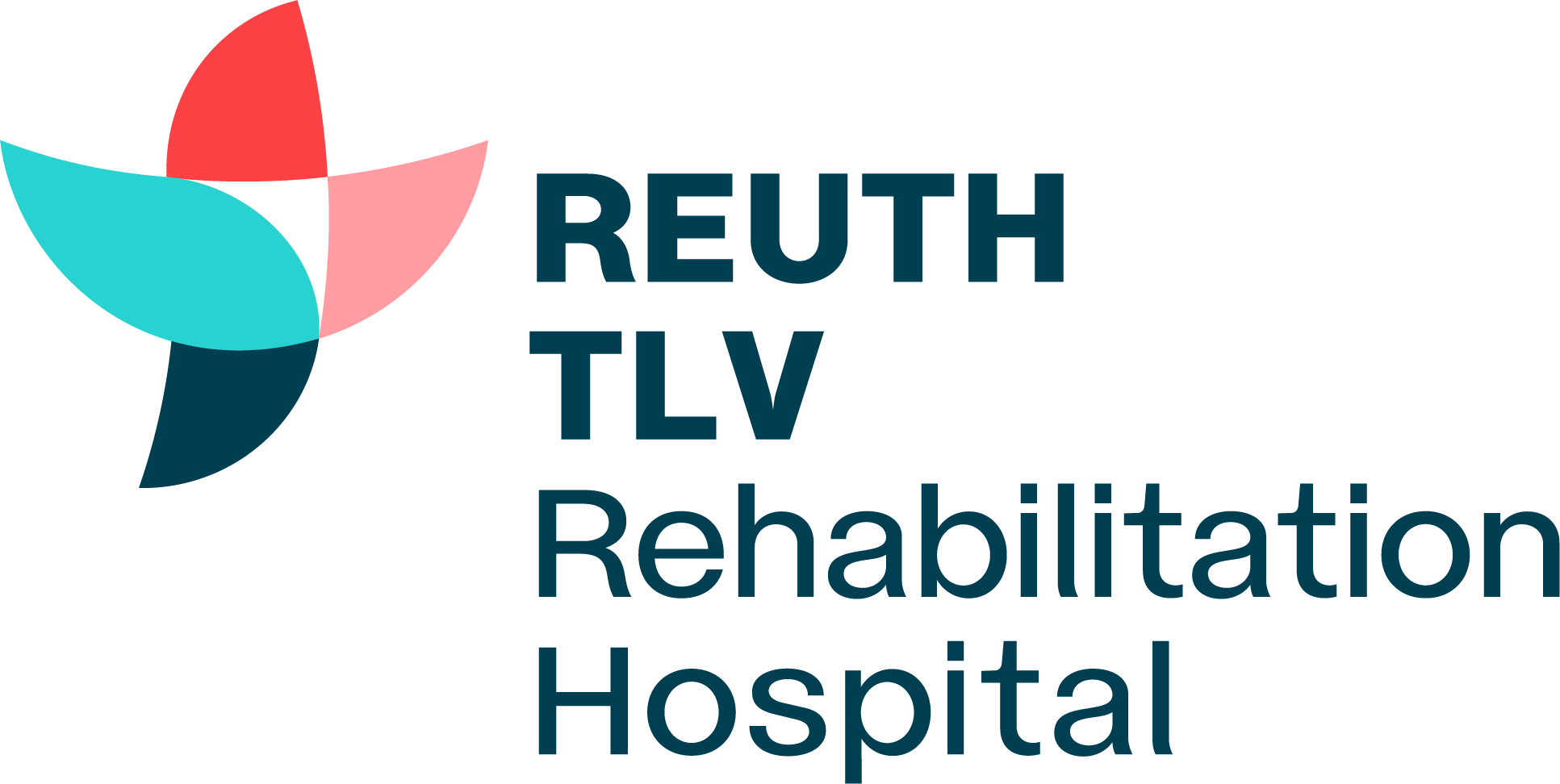A joint bank account with an aging parent must be based on a joint decision made by the parent and his children
Having a joint account with an aging parent has many implications, and it is important to consider this issue seriously before making the decision to manage money together. Sharing your parent’s bank account can affect his sense of independence. In addition, it can negatively affect relationships within the family, and in extreme cases may even lead to abuse or other problems of trust. Therefore, if you have decided to become a co-owner in your parent’s bank account, whether based on the parent’s request or for another reason, it is important to be aware of potential problems, and try to keep the management of the account transparent to your parent or other family members.
What does co-ownership mean?
A joint bank account is an account registered in more than one person’s name. However, if you and your parent have opened the account together, or if you have joined your parent’s existing account, this does not mean that the ownership of all existing funds and assets in the account is equal. The degree of sharing is determined by specific conditions agreed upon by the account’s co-owners.
In a joint account each of the co-owners has the right to act within the account separately. When opening the account the co-owners sign a mutual authorization – valid as long as it is not canceled in writing – specifying that each may give instructions for the account independently. Each co-owner can cancel this authorization. In a situation of mutual cancellation, the bank may accept instructions for the account only from both co-owners together.
What is the difference between power of attorney and a joint account?
You have two options: the first is to join your parent’s bank account as a co-owner, and the second is to have legal power of attorney to act in the account.
If you have chosen to become a co-owner in your parent’s account, the ownership of the account will be shared. This includes a joint responsibility for all financial obligations related to the account. On the other hand, an agent with power of attorney is not an owner of the account, but instead an emissary of the parent who remains the sole owner. In effect, the agent carries out the wishes of the elderly parent.
These differences can be meaningful if the bank account is seized or when assets are deducted. For example: with a joint account, it is sometimes possible to seize or charge the account to cover personal debts of one of the owners. On the other hand, if the son/daughter is only an agent who has power of attorney, it is not possible to seize or charge the account when he/ she is in debt, because he/ she is not an owner of the account. It is important to remember that a co-owner cannot be removed from the account without his consent or, alternately, a court order. In contrast, if the family member is only an agent with power of attorney, this power of attorney can be withdrawn at any time.
Who is the owner of the account?
Opening a joint bank account or combining accounts with your elderly parent can cause your parent to lose some age-related benefits. For example: according to Israeli tax laws, elderly people enjoy benefits regarding interest earnings from the stock market and are exempt from tax. In addition, if your parent’s income is low he enjoys a further tax break on profits from the stock market. When the money is in the hands of the children, the banking system usually prefers “not to know” that the money belongs to an elderly person with a low income. As a result, the interest or capital gains are unnecessarily taxed.
Abuse of a joint bank account with an elderly parent
It is important to be aware that a bank account has one more partner – the bank itself. Israeli law allows the bank in which the joint account is managed to take the money in the account or to oust a problematic co-owner if suspecting that one of the co-owners has become ill, has undergone a medical event, was injured in an accident, or has aged, and is not capable of managing his own financial affairs. If the elderly parent discovers that the family member who is a co-owner in the account has used money from the account against his instructions, he can file a complaint to the police, As these actions are a criminal offense . for example- Abusing the power of attorney, or exploiting access to the joint account.
The information presented in the English website is partial. For full info please visit our Hebrew website

 donation
donation 




“Reuth Information Center”, All rights reserved to Reuth rehabilitation hospital. Reuth Information Center is an informational site only. All information on the Website is not a replacement or a substitute for medical, legal, economic, consumer, financial or other advice and any use of the information on the Website is solely the responsibility of the User. Surfing is subject to Terms of Use.